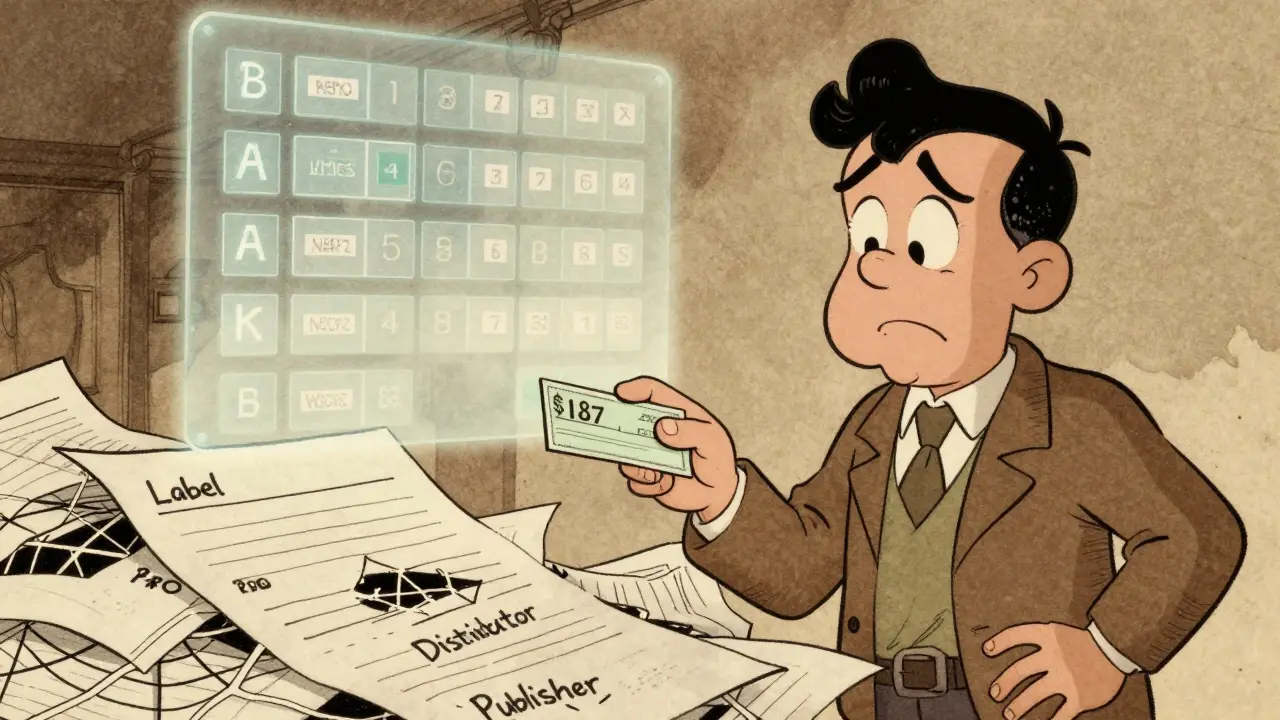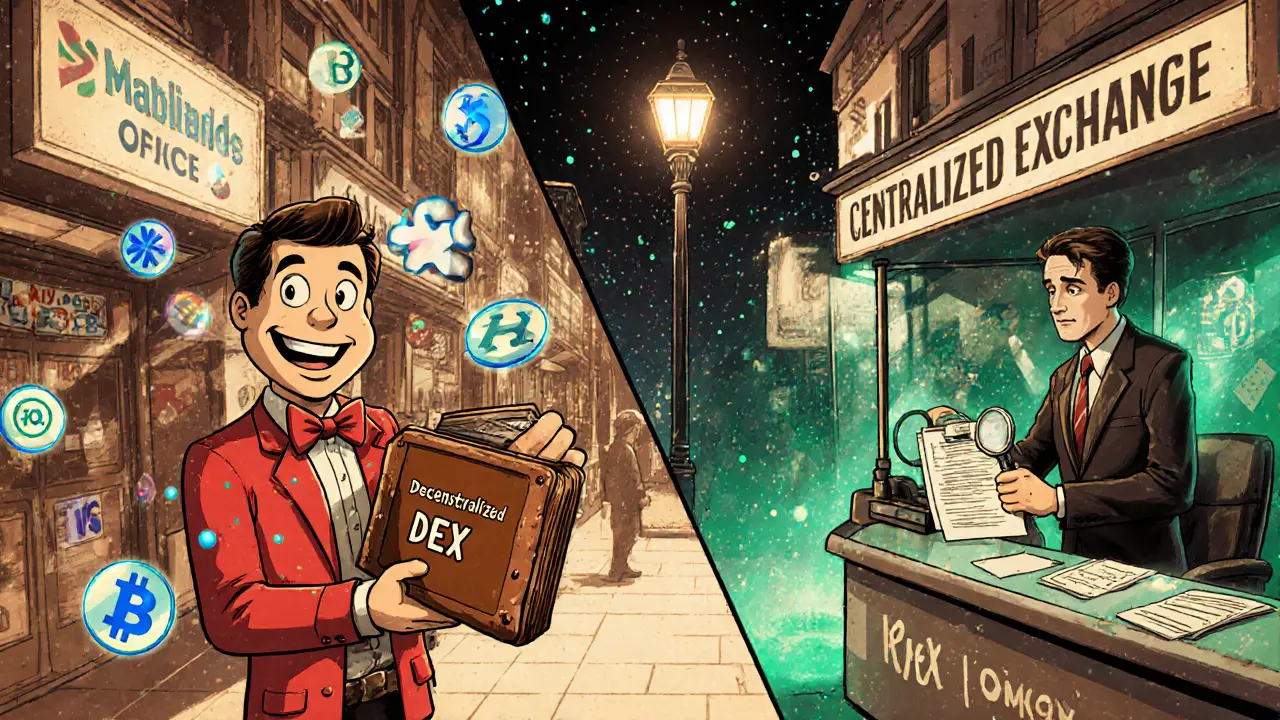Smart Contracts: How Code Is Changing Finance and Beyond
When working with smart contracts, self‑executing code that runs on a blockchain and automatically enforces the terms of an agreement. Also known as self‑executing contracts, they remove the need for middlemen and cut transaction costs. Smart contracts are more than just programmable money; they act as digital legal clauses that trigger actions once predefined conditions are met. This core idea creates a direct link between code and value transfer, which is why developers and businesses are racing to embed them in everything from payment systems to supply‑chain tracking. The magic starts with the underlying blockchain, an immutable ledger that records every contract execution in a transparent, tamper‑proof way. Because each transaction is verified by a network of nodes, the contract cannot be altered once deployed, giving participants confidence that the rules won’t change mid‑game.
Key Ecosystem Pieces That Power Smart Contracts
The rise of decentralized finance (DeFi), a collection of financial services built entirely on blockchain protocols showcases how smart contracts can replace banks, exchanges, and lenders. In DeFi, a contract might lock up collateral, issue a loan, or split profits among token holders, all without a central authority. This ability to automate complex financial flows is why investors call DeFi the “new frontier of open finance”. Yet, with great power comes risk. A buggy contract can lock away millions, so smart contract audit, a systematic review of the code to find vulnerabilities before launch has become a non‑negotiable step for serious projects. Audits often use tools like static analyzers, formal verification, and manual code reviews, then issue a report that details potential exploits and suggested fixes. Companies that skip this step usually face costly hacks, which reinforces the industry’s push toward standardized security practices.
Beyond finance, smart contracts are reshaping supply chains, gaming, and identity verification. Imagine a shipment that releases payment automatically when a GPS sensor confirms delivery, or a game where in‑game assets are truly owned by players and can be traded on open markets. These real‑world examples illustrate the broader promise: code that enforces agreements exactly as written, everywhere you need it. In the list below you’ll find deep dives into stablecoins, cross‑chain bridges, tokenomics, and audit guides—all tied together by the common thread of smart contracts. Whether you’re a developer hunting for security tips or a trader looking to understand the tech behind new tokens, this collection gives you the practical knowledge to navigate the evolving landscape.
How Music Rights Management on Blockchain Is Changing Royalty Payments for Artists
by Johnathan DeCovic Feb 2 2026 19 CryptocurrencyBlockchain is transforming music rights by automating royalty payments, proving ownership with immutable ledgers, and letting artists keep control. No more delays. No more middlemen. Just smart contracts paying artists fairly and instantly.
READ MORETop Advantages of Decentralized Exchanges for Crypto Traders
by Johnathan DeCovic Jun 10 2025 21 CryptocurrencyDiscover why decentralized exchanges give crypto traders better security, lower fees, privacy, and access to a wider range of tokens-all without a middleman.
READ MORE

